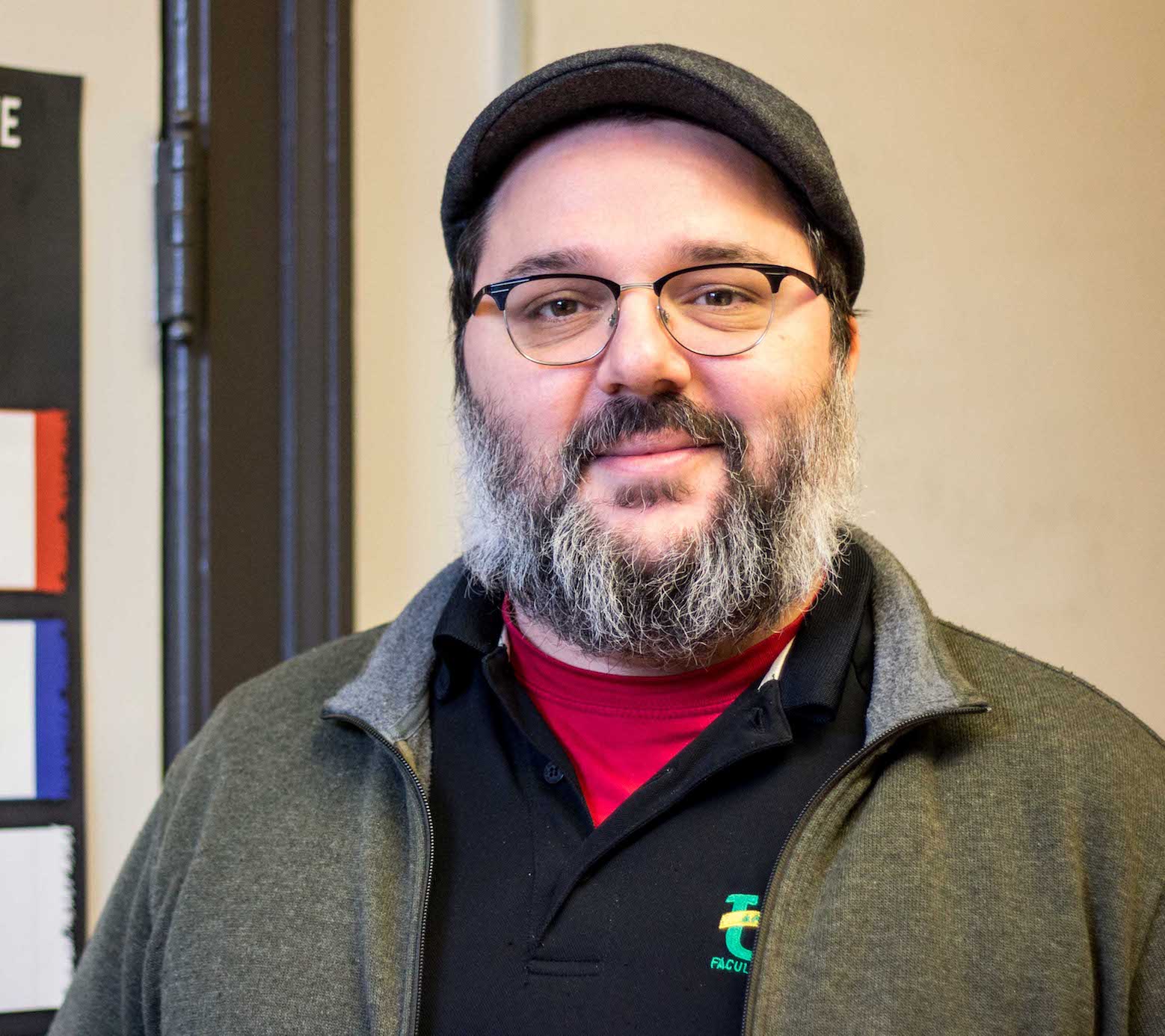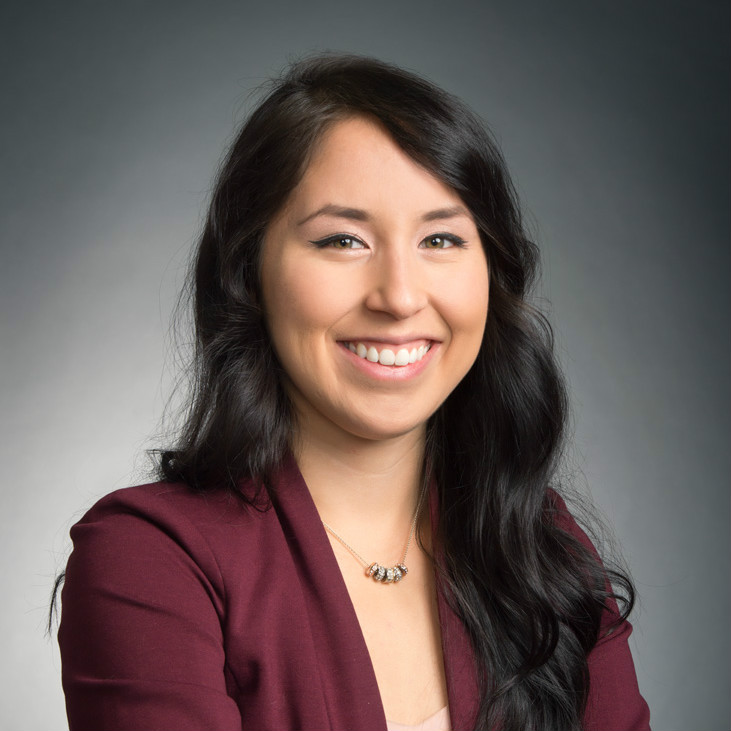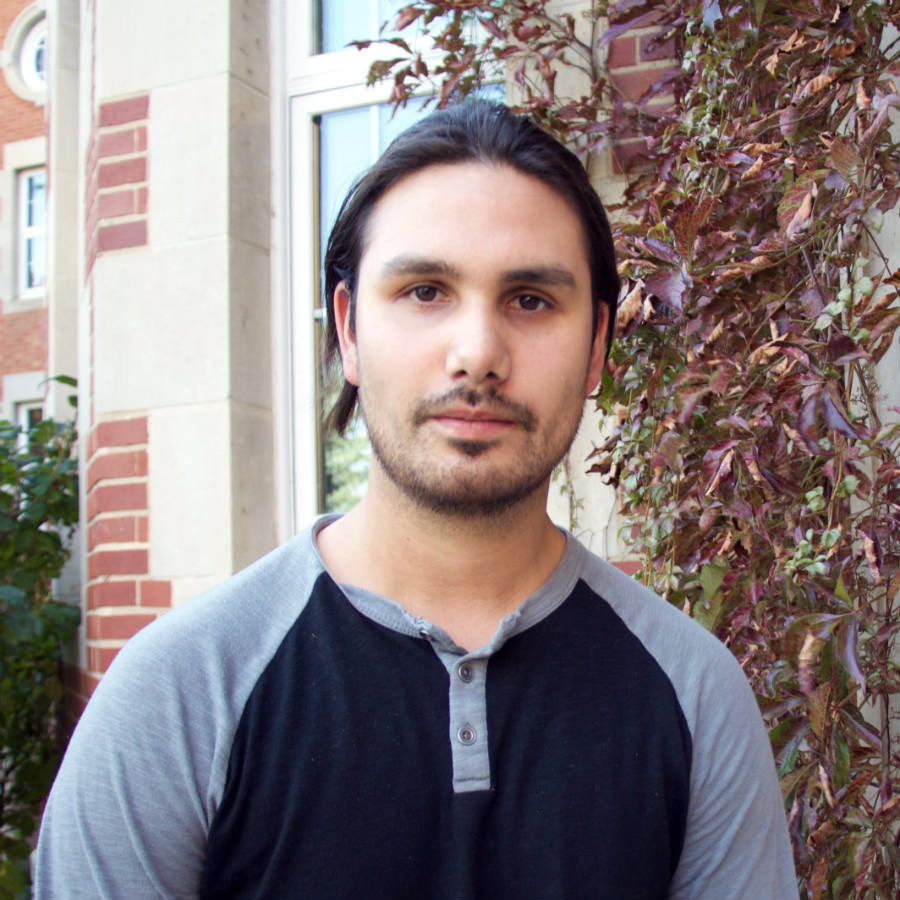Indigenous Canada
PREView MODule one for free
Effective August 5, 2025, students can preview Module One before enrolling in the certificate.
Get a certificate
Upgrade to complete the course and receive a certificate of completion.
Take for credit
U of A students can enroll in NS 201 for university credit.
About the Course
Indigenous Canada is a 12-lesson Massive Open Online Course (MOOC) from the Faculty of Native Studies that explores the different histories and contemporary perspectives of Indigenous peoples living in Canada.
From an Indigenous perspective, this course explores complex experiences Indigenous peoples face today from a historical and critical perspective highlighting national and local Indigenous-settler relations.
Indigenous Canada is for students from faculties outside the Faculty of Native Studies with an interest in acquiring a basic familiarity with Indigenous/non-Indigenous relationships.
Presented by:
Course Preview
Topics Covered
- The fur trade and other exchange relationships,
- Land claims and environmental impacts,
- Legal systems and rights,
- Political conflicts and alliances,
- Indigenous political activism,
- Contemporary Indigenous life, art and its expressions.
Course Format
- Delivery: Online
- Level: Beginner
- Commitment: 12 weeks of study, 2—3 hours/week
This course consists of twelve modules, each with a series of:
- video lectures,
- a set of course notes and course glossary,
- and required and recommended readings.
Find out more about Indigenous Canada
Learn about course topics and outcomes, and find out how you can participate in the course.
Learn more open in a new tabAcademic Lead


Paul Gareau
Associate Professor, Métis
Faculty of Native Studies
Dr. Paul L. Gareau is Métis from the Batoche Homeland and is an associate professor and associate dean (graduate studies) in the Faculty of Native Studies at the University of Alberta, Canada. His research, publications, and teaching explores the Métis (Indigenous) experiences of religion and spirituality, and the legacy of colonial discourses on Indigenous and ethno-cultural minorities. Grounded in Métis Studies and Indigenous Studies as well as Religious Studies, Gareau’s work centres on theory and methodology around relationality, gender, Indigenous onto-epistemologies, land and place, nationhood/peoplehood, and sovereignty/self-determination.
Presenters


Savage Bear
PhD, Montreal Lake Cree Nation
Savage Bear was the project's academic lead, and an Assistant Professor at the Faculty of Native Studies and Department of Women's and Gender Studies. Dr. Bear's research interests include Indigenous Erotics & Eroticanalysis; Indigenous Feminism, Gender and Sexuality Studies, Sovereignty, Land & Body Politics; Reproductive Justice, Indigenous Queer & Two-Spirit Studies; Contemporary Indigenous Art.


Alannah Mandamin-Shawanda
BANS (Honors), Wikwemikong First Nation
Alannah Mandamin-Shawanda is Anishnabee from Wikwemikong First Nation located on Manitoulin Island. She moved to Wetaskiwin at the age of seven, and mainly grew up in Alberta. She graduated with a Bachelor's Degree in Native Studies (Honors) at the University of Alberta. She is currently working with the Government of Alberta speaking and encouraging youth to explore their post-secondary options. She has a strong interest in Film and Media studies, and Indigenous Fourth Cinema. On her days off she enjoys taking long road trips, hiking, pleasure reading and fancy dancing.


Isaac Twinn
BEd, BANS, Sawridge First Nation
Isaac Twinn is from the Sawridge First Nation, situated in Treaty 8 territory, in the Lesser Slave Lake region. He is currently doing work involving both Indigenous and non-Indigenous youth, culture, and education. In Isaac's free time, you may find him either reading, golfing, fishing, hunting, learning his language, or spending time learning from Elders.
Indigenous Canada Course Syllabus
Module 1 - Worldview
In this introductory module, students learn the significance of stories and storytelling in Indigenous societies. We explore history that comes from Indigenous worldviews, this includes worldviews from the Inuit, Nehiyawak, Kanien:keha'ka and Tlingit peoples.
Module 1 Term List & Definitions »
Module 2 - Fur Trade
This module discusses pre-contact trading systems between Indigenous peoples of North America with a focus on the geographical region of Canada. We examine the chronological events of contact with Europeans and the events leading up to, and during the fur trade. This module also explores the long lasting social, political and economic ramifications of the fur trade on Indigenous peoples.
Module 2 Term List & Definitions »
Module 3 - Trick or Treaty
Examines Indigenous and settler perspectives of treaty making. Discusses the variation of treaties in Canada and the unique circumstances surrounding these events. Outlines the temporal and geographical history of the numbered treaties (beginning on the east) and ends with a discussion of the historical events and policies leading up to Métis scrip.
Module 3 Term List & Definitions »
Module 4 - New Rules, New Game
This module begins with a discussion about what is distinctive in Indigenous legal traditions. Explores impacts of policies put in place as British North America attempted to solidify itself geographically and socially. Examines the ways in which the Indian Act contributed to assimilation.
Module 4 Term List & Definitions »
Module 5 - "Killing the Indian in the Child"
Outlines characteristics of teaching and learning in Indigenous communities, and discusses how relationships were critical in teaching and learning. Traces the development and implementation of the Residential school system in the period after Confederation. Discusses intergenerational impact of Residential school system and the creation of the Truth and Reconciliation Commission.
Module 5 Term List & Definitions »
Module 6 - A Modern Indian?
This module examines the burgeoning resistance of Indigenous leaders and the formation of Indigenous-led organizations as the Canadian government employed strategies to encourage assimilation of Indigenous peoples and communities into mainstream society, specifically relating to urbanization.
Module 6 Term List & Definitions »
Module 7 - Red Power
In this module students will learn about key characteristics of a few different Indigenous political structures and the impacts of colonialism on these structures (e.g. Indian Act, Red Power/AIM, White Paper, Red Paper -Citizens Plus) Concepts explored include self-government, self-determination, and Indigenous resurgence.
Module 7 Term List & Definitions »
Module 8 - Sovereign Lands
Utilizing contemporary and traditional examples, this module connects Indigenous worldviews and traditional ecological knowledge. As well, this module traces the historical impacts of settlement. Discusses key concepts of case law associated with Indigenous title, rights to land and resources. List the on-going threats to Indigenous lands and how these threats and challenges are being addressed.
Module 8 Term List & Definitions »
Module 9 - Indigenous Women
Exploring Indigenous concepts of gender, and the traditional roles and responsibilities, this module then moves into an examination of how colonization can be characterized as a gendered project. Identifies some concrete examples of the impact of colonialism on Indigenous women.
Module 9 Term List & Definitions »
Module 10 - Indigenous in the City
Looking critically at the statement: "Cities are the place where Indigenous culture goes to die", this module explores sites of urban Indigenous agency/active participation, urban Indigenous governance practices, and urban reserves.
Module 10 Term List & Definitions »
Module 11 - Current Social Movements
What is an Indigenous concept of community? How do Indigenous people form communities traditionally and today? This module will explain how social and environmental activism can mobilize and create communities. This module identifies key moments such as the Oka Crisis, Idle No More and Missing and Murdered Indigenous Women and Girls are grassroots resistance movements.
Module 11 Term List & Definitions »
Module 12 - 'Living' Traditions - Expressions in Pop Culture and Art
Finally, we will explore how geographical location, trading networks and partnerships have influenced Indigenous art in the past. As well, we will examine contemporary iterations of Indigenous art and explore some of the artistic responses of Indigenous artists, musicians, and writers to the impacts of colonialism.
Module 12 Term List & Definitions »
Find out more about Indigenous Canada
Learn about course topics and outcomes, and find out how you can participate in the course.
Learn more open in a new tab